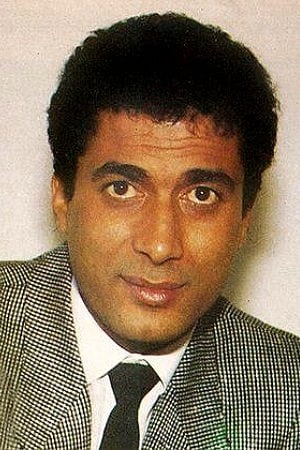
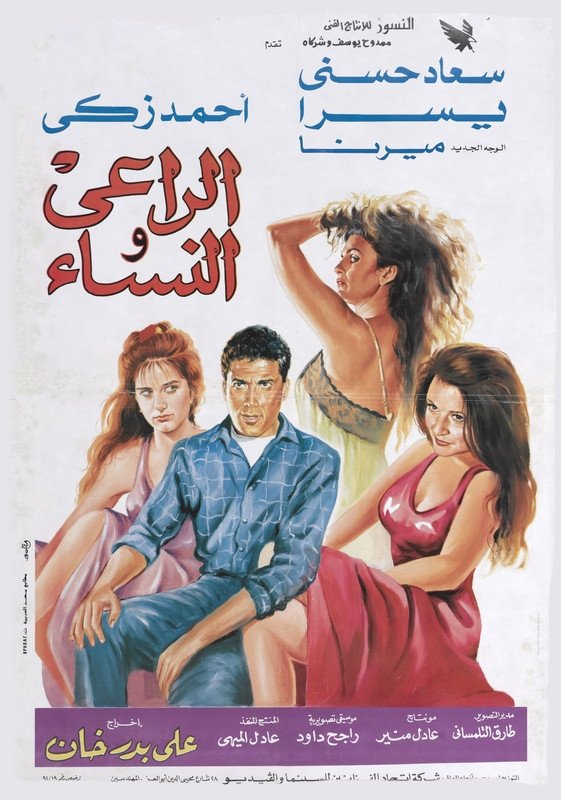
The widowed Wafaa lives with her teenage daughter Salma and her sister-in-law Azza in her late husband Kamel's remote house. When Kamel's former cellmate comes to offer his help, the three women are hesitant to accept at first, but they end up falling for him and competing for his affection.
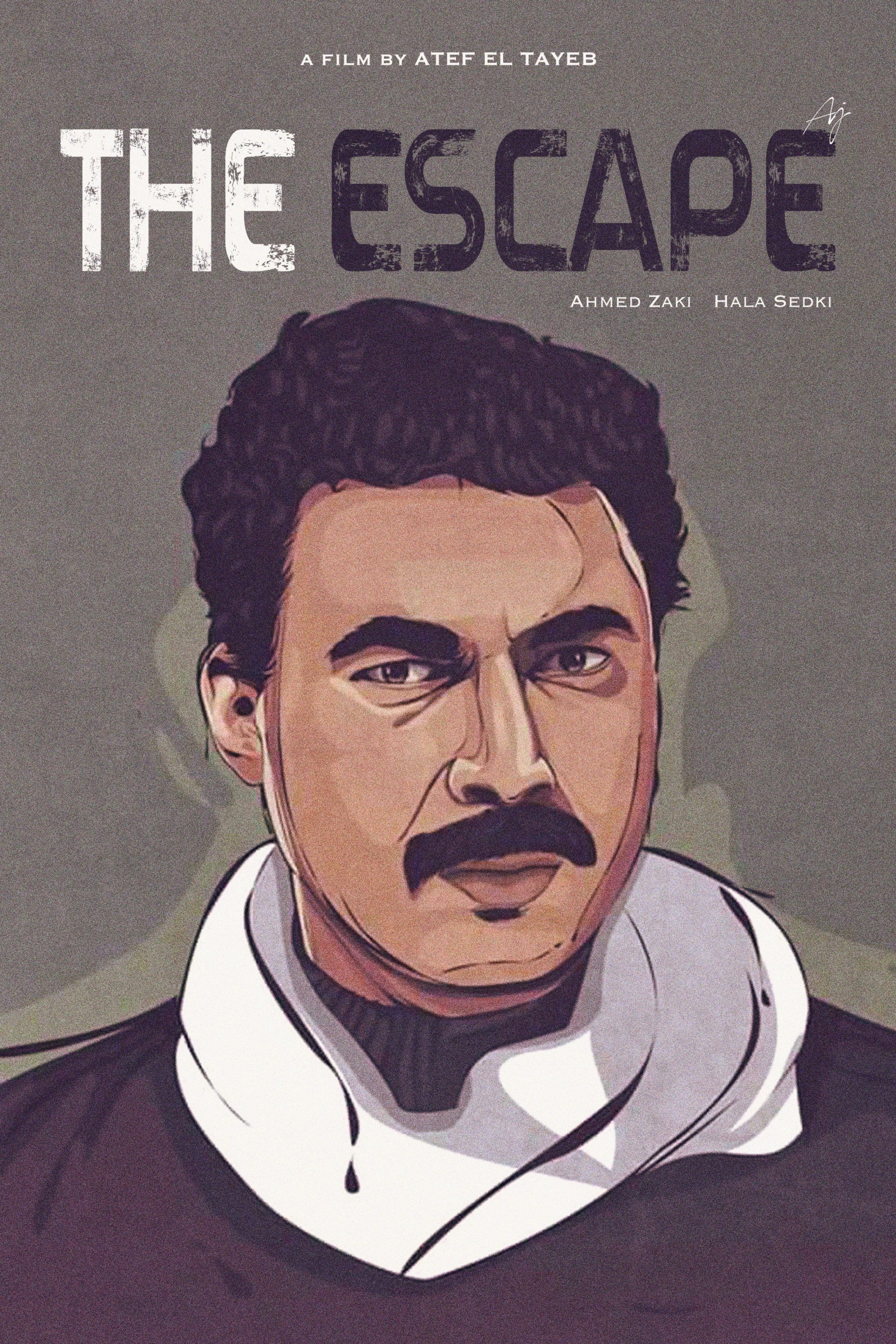
Ahmed Zaki plays a peasant, Mountasir, who gets involved in a criminal racket run by his friend Midhat. Mountasir is betrayed by Midhat and goes to jail. Upon discovering that his wife was forced into prostitution by Midhat, he swears to extract revenge when he leaves jail.
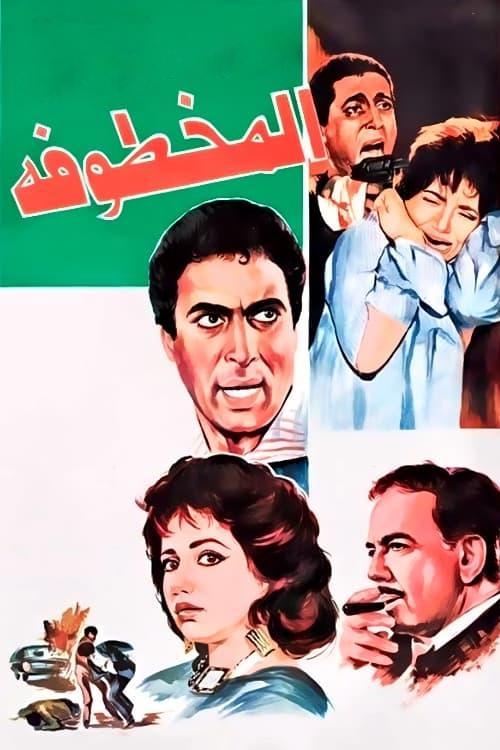
A collision occurs between a taxi driven by Hussein and the car of Nevin, the daughter of millionaire Ratib Barakat, which leads to the taxi being destroyed, so he harms her and drags her to the police station. Ratib Barakat expresses his willingness to pay the necessary compensation, but he changes his mind when he learns that he slapped his daughter, and Hussein is left without a source of livelihood, and when his mother dies. Hussein decides to take revenge by kidnapping Nevin to a deserted place.
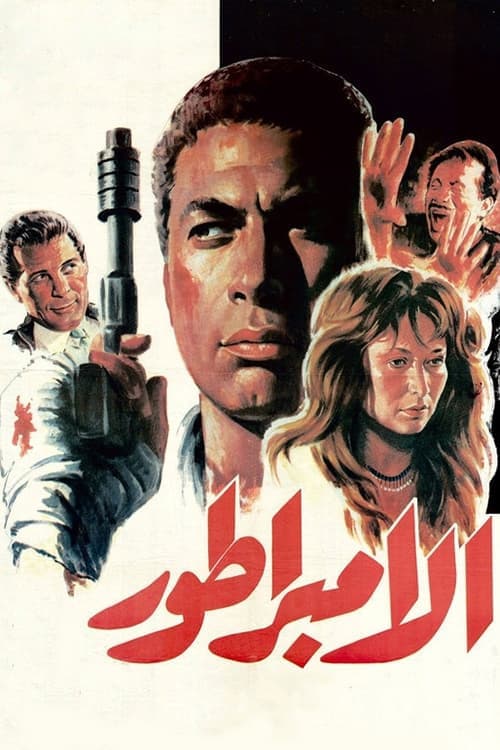
The story deals with the journey of Zinham, a young man who fled Egypt from Upper Egypt in search of a living, climbs up in organized crime and drug smuggling. His friend, Ibrahim, takes part in the crime journey. When he becomes one of the biggest drug smugglers (heroin) Who is in control of her market in Egypt in alliance with an Israeli smuggler, marries a dancer after he gets rid of Slim, the drug dealer who worked for him at the beginning of his career. He turns to liquidate everyone who stands in his way. He becomes drug addict and kills his close friend. (Ibrahim), after doubting the betrayal of his wife dancing with him.
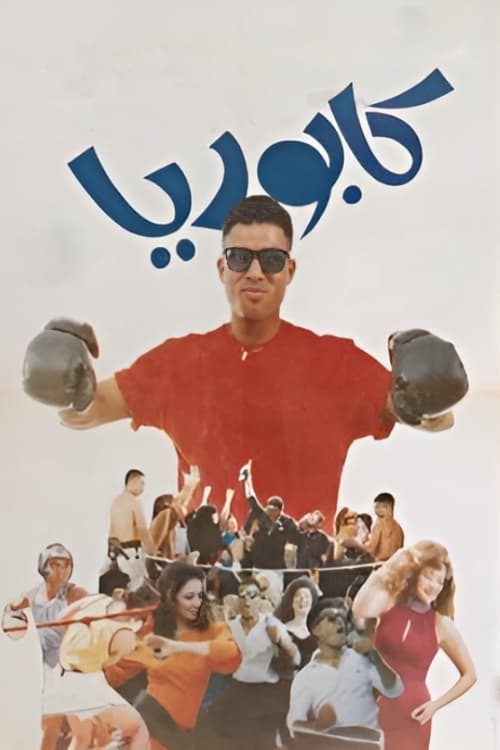
Hassan Hudhud is a poor boxer who dreams of championships and glory. He accidentally takes part in a match at the mansion of a wealthy man who admires him. He soon gets rich and moves into the mansion.
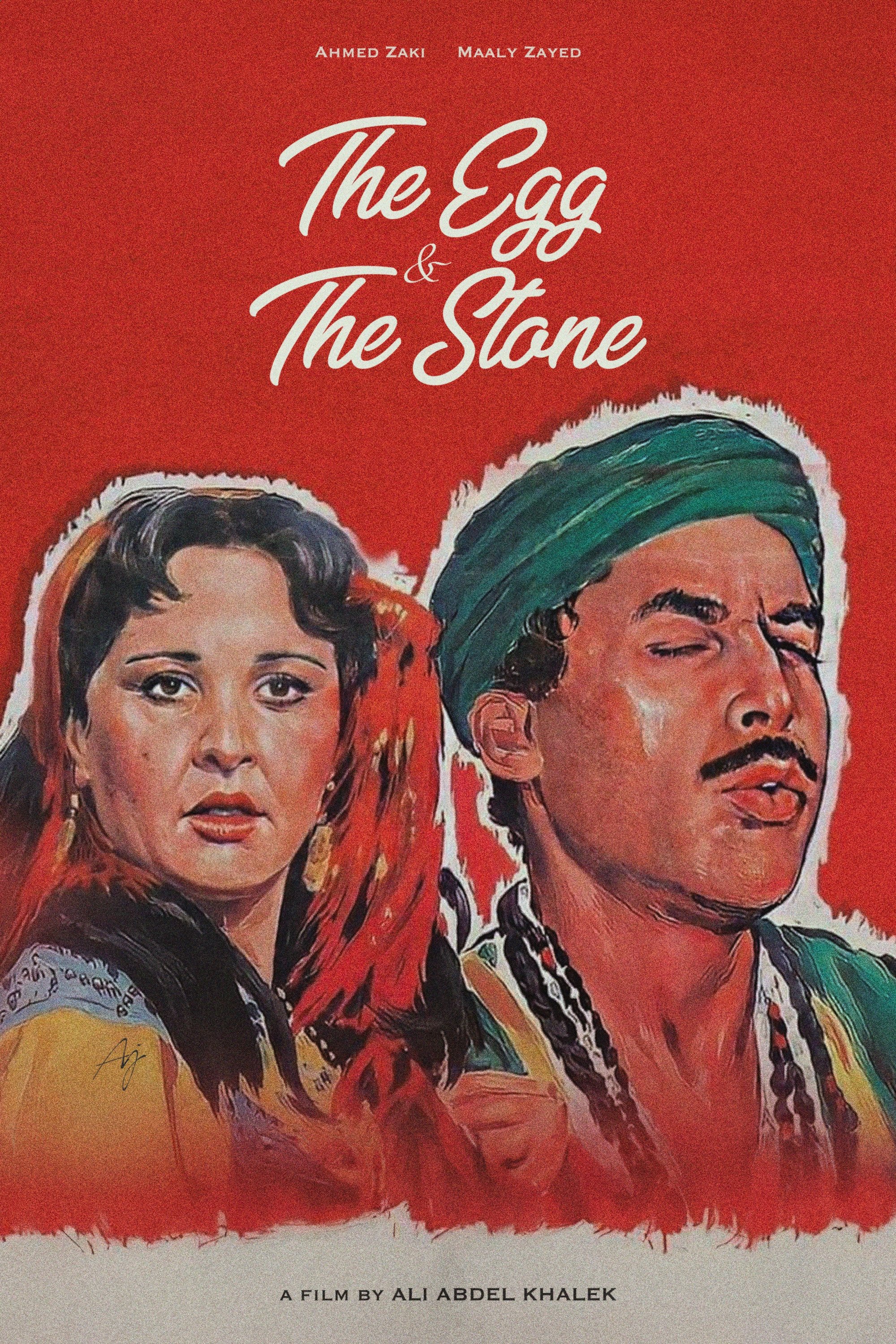
A philosophy teacher finds himself and his ethics surrounded by a corrupt society, and as he's mistaken for an exorcist and fortune-teller. He uses logic and psychological tricks to practice wizardry, until he masters it and controls people, meanwhile losing his ethics.

Journalist Hossam is involved with three different women at the same time. Amira, the charming journalist who's well connected, Reem his rebel revolutionary secretary, and Hanadi the simple lady who's the victim of the collapse of a building.
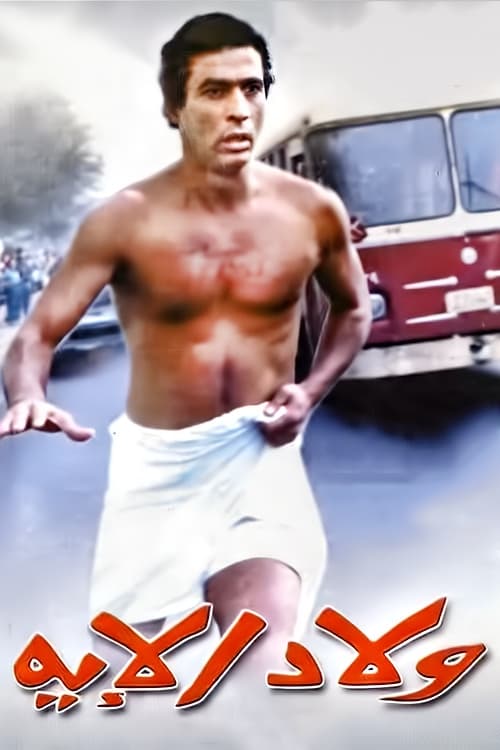
Najib discovers that the businessman's salary is doing a lot of illegal work, and he delivers dangerous documents condemning the man to his secretary. However, the salary men decide to get rid of Najib, so he escapes the secretary's secret of documents for fear of her life.
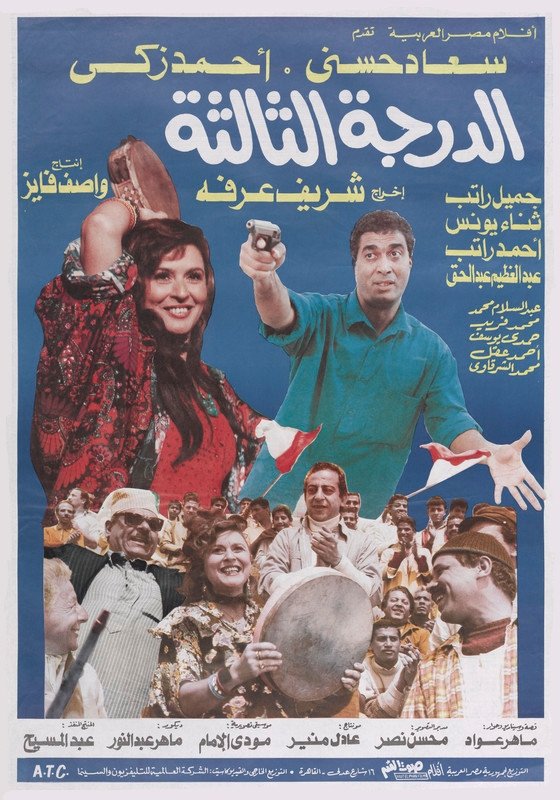
A group of football team supporters go through a lot of trouble to watch the games while the management headed by Captain Aouf are reaping benefits effortlessly. To calm their rage Sorour is appointed as their representative in the council only to unravel their scam further, so they continue their revolt.
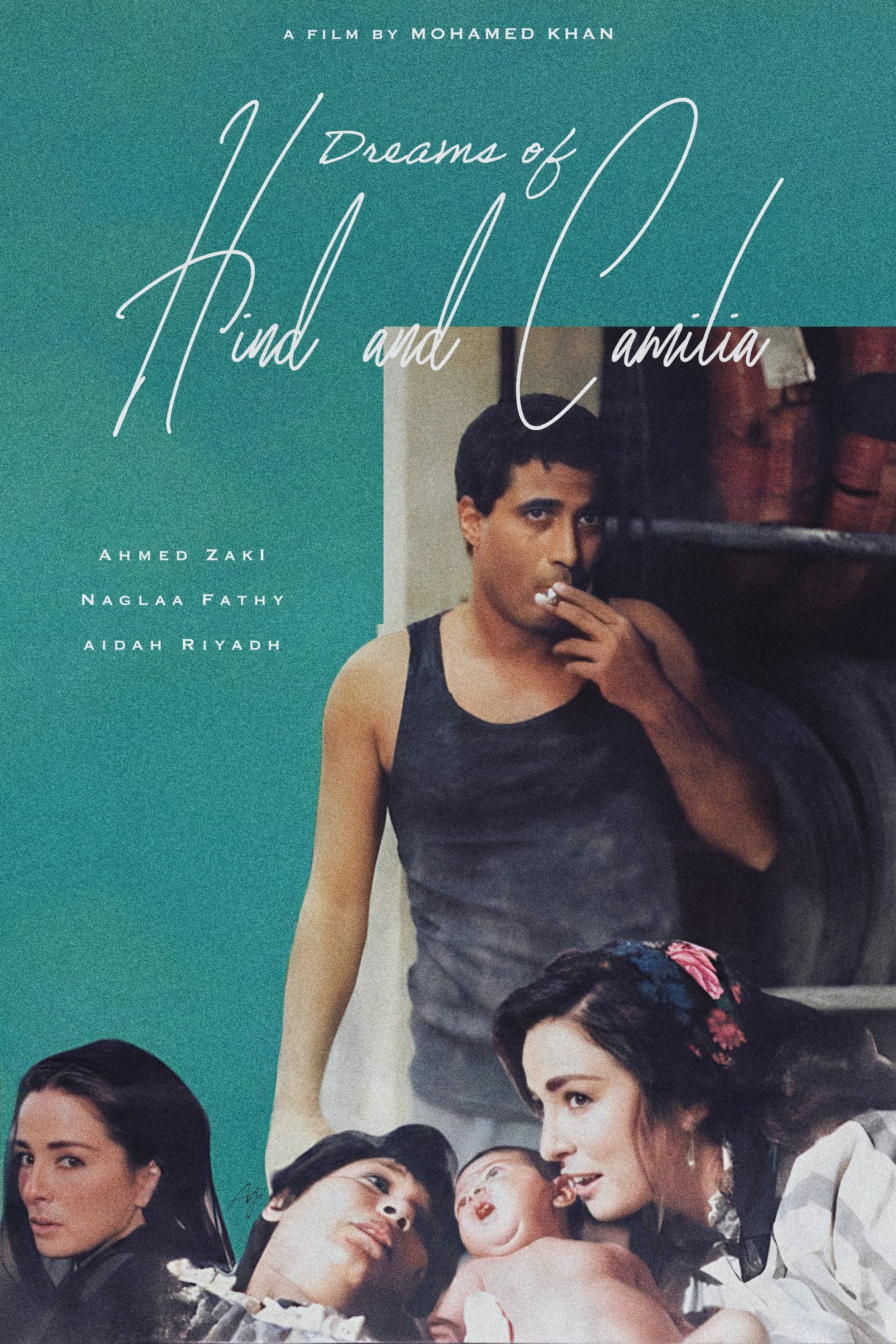
Hend is a young widow who works as a maid, she meets Eid the conman who goes to prison and leaves her pregnant. While Camellia is a divorced maid who supports her unemployed brother and his family in exchange for letting her sleep over in his apartment.
Ahmed Zaki (November 18, 1949 - March 27, 2005) was a leading Egyptian film actor who was characterized by his talent, skill, and ability to impersonate. Dubbed "The Emperor", he is widely regarded as one of the greatest male actors in the Arab world. Zaki has starred in six films that have been listed in the Top 100 Egyptian films. Ahmed Zaki was born to a poor family in Sharqia, Egypt. His father died a few years after his birth, his mother remarried, and he was brought up to live with his grandfather. Zaki fell in love with acting when he was still in school, his headmaster saw his creative ability and pushed him to follow his passion. He would later travel to Cairo and earn his degree from the Cairo Higher Institute for Drama Studies in 1974. While studying, he first debuted in the stage play Hello Shalaby (1969). He also starred in very successful comedy plays such as School of Mischief (1973) and No Longer Kids (1979). Early in his career, he struggled with producers and directors as they believed he did not have the appearance to appeal to audiences. When he got objected by the film distributor to star in Al Karnak (1975) after he was cast as the character Ismail, he entered a severe depression. He did not overcome it until after poet and playwright Salah Jahin supported him, as Jahin was convinced of his talent and would later write films and a TV show Zaki starred in. Many of his films had a strong political message that exposed governmental and police corruption. Two of his greatest successes were playing Egypt's presidents in two popular movies that became landmarks of Arabic cinema. He played Gamal Abdel Nasser in Nasser 56 (1996) and Anwar Sadat in Days of Sadat (2001). He also portrayed other prominent Egyptian figures such as writer Taha Hussien. Zaki was a method actor who immersed himself profoundly in his roles, absorbing every aspect of the character he was portraying whether he was fictional or real in origin. In 1983, he married actress Hala Fouad but the marriage did not last. She gave birth to his only son Haitham Zaki in 1984, who would also grow up to be an actor until his sudden and tragic death in 2019. His former wife died in 1993 after a battle with breast cancer. He was a known heavy smoker. In 2005, Ahmed Zaki died of lung cancer during the shooting of Sherif Arafa's biography Halim (2006), in which he portrayed the legendary singer Abdel Halim Hafez, a role he's always dreamed to play. His son Haitham was roped in to fill the scenes and play the lead on behalf of his father. Years after his passing, he is remembered with great reverence and fondness within the film industry and outside it, his contributions seen as monumental by his contemporaries as well as the generations that followed.
By browsing this website, you accept our cookies policy.